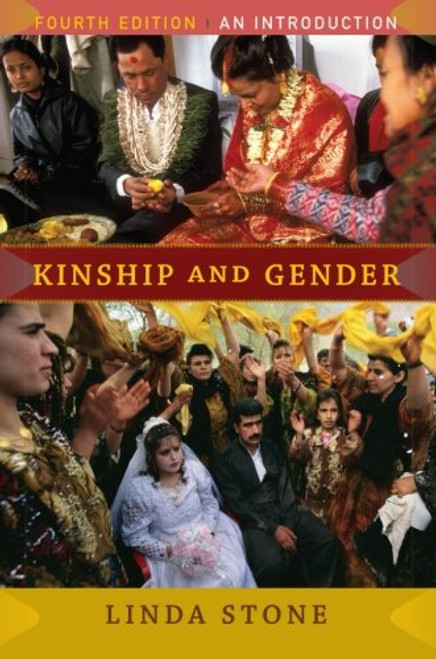Designed for undergraduate courses in kinship, gender, or the two combined, Linda Stones Kinship and Gender is the product of years of teaching. The topic of kinship comes alive when linked to gender issues; conversely, the cross-cultural study of gender benefits from a workingknowledge of kinship. This essential book successfully merges these two disciplines, demonstrating their relevance to students lives and enhancing students understanding of other cultures. Fourteen case studies throughout the book illuminate the intricate connections between kinship and gender across a variety of cultural groups. The fourth edition features a new chapter that reveals how kinship structures and related gender roles underlie many current social problems around the world. Also new to this edition are two original case studies, discussion questions, and listings of useful websites to aid further research.
Kinship and Gender: An Introduction
Brand: Westview Press
$16.02 - $300.00
- UPC:
- 9780813344027
- Maximum Purchase:
- 2 units
- Binding:
- Paperback
- Publication Date:
- 2009-07-28
- Release Date:
- 2009-07-28
- Author:
- Linda Stone
- Language:
- english
- Edition:
- 4






